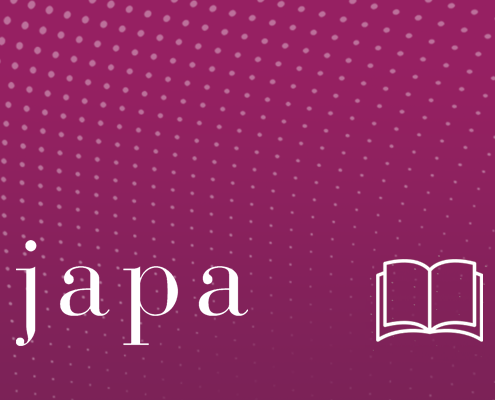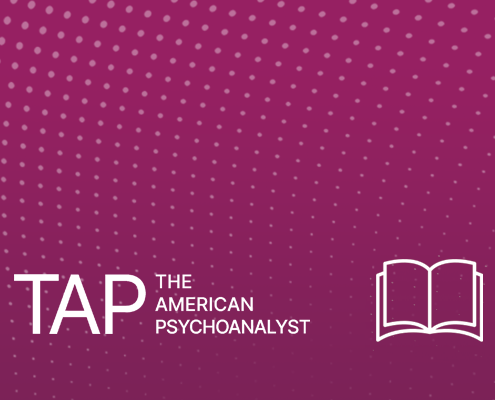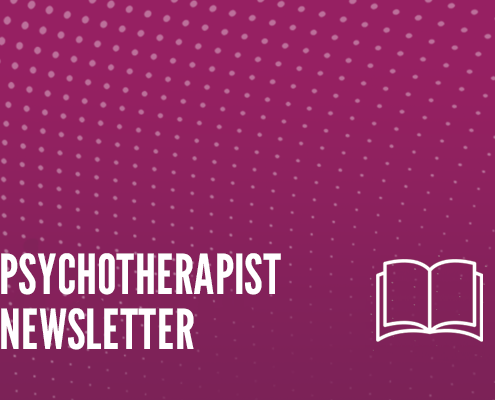Psychoanalysis has been criticized from its beginnings as a treatment that is only available to the genteel and affluent; however, at the same time, it is a treatment that, from very early in its development, has been seen as a potentially powerful force in the larger world: shortly after WWI, “Freud’s free clinics”, as described by Elizabeth Danto, began to appear in working class communities.
This should not surprise us: after all, psychoanalysis was revolutionary precisely because it considered the life experience of the analysand as central to the problems that led them to analysis: how could it not be connected to the larger community, as well?
In this class, we will explore the history and ongoing development of the concept of community psychoanalysis, starting with the work of Freud and other early analysts, and continuing through the work of Erich Fromm, Frantz Fanon and other groups, such as the initial appearance of psychoanalysis in Ireland in the 1920s, noting how psychoanalysis has been widely used in the larger cultural context, e.g., how it came to be seen as a central focus of the Harlem Renaissance, especially in the work of W.E.B. DuBois. From this, we will move on to discuss ways in which community psychoanalysis is practiced today, and how we can think about how it might be brought to bear in our communities now. Presenter is J. Todd Dean, MD
APsA Publications

The Journal of the American Psychoanalytic Association (JAPA)
JAPA is a peer-reviewed journal publishing original articles and commentaries, ground-breaking research, thoughtful plenary addresses, in-depth panel reports, and more.

The American Psychoanalyst (TAP)
APsA’s triannual magazine, TAP, offers a psychoanalytic perspective on current events in psychology, the arts, and culture for mental health professionals, students, and the general public.

Psychotherapist Newsletter
The Psychotherapist Newsletter features scientific programs and publications about psychoanalytic psychotherapy, personal reflections, social and community issues, and advocacy.
© 2009-2025 American Psychoanalytic Association | 122 East 42nd Street, Suite 2310, New York, NY 10168 | Phone: (212) 752-0450 | [email protected]

